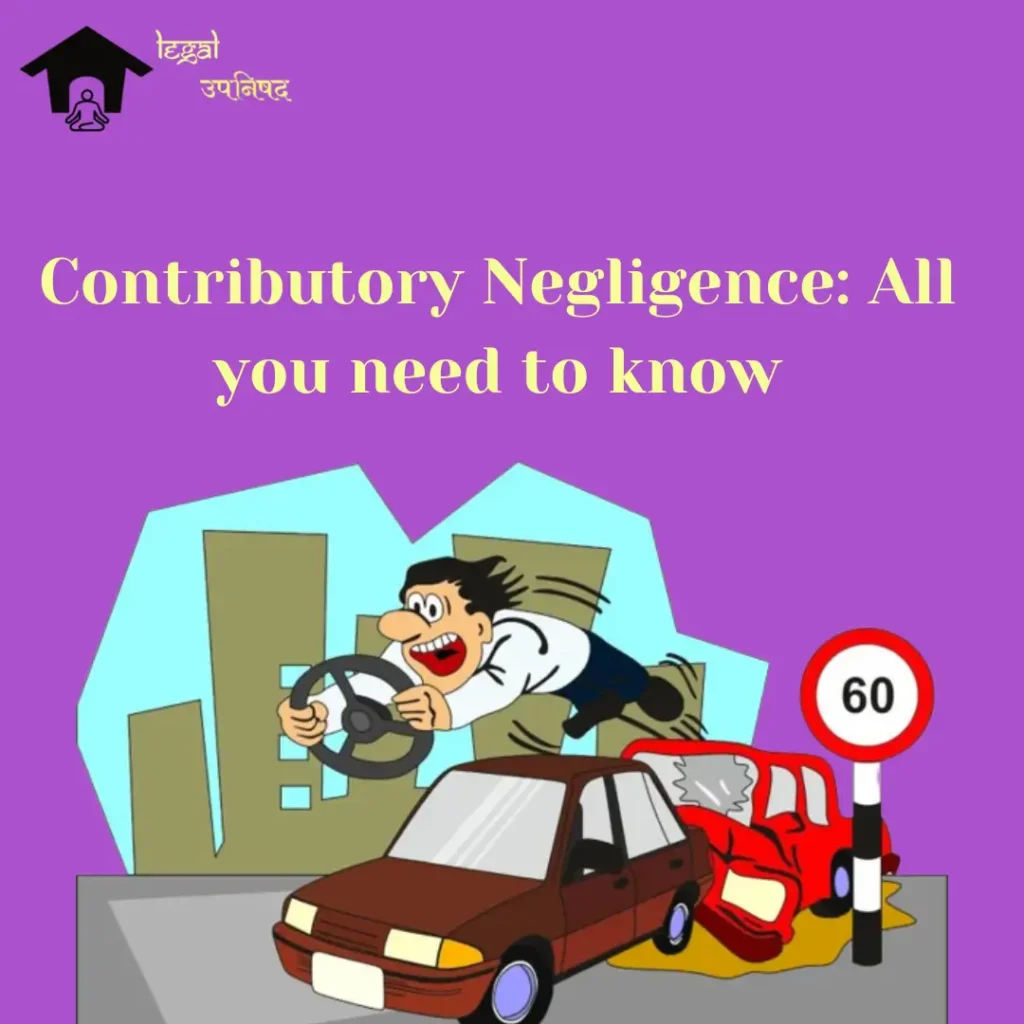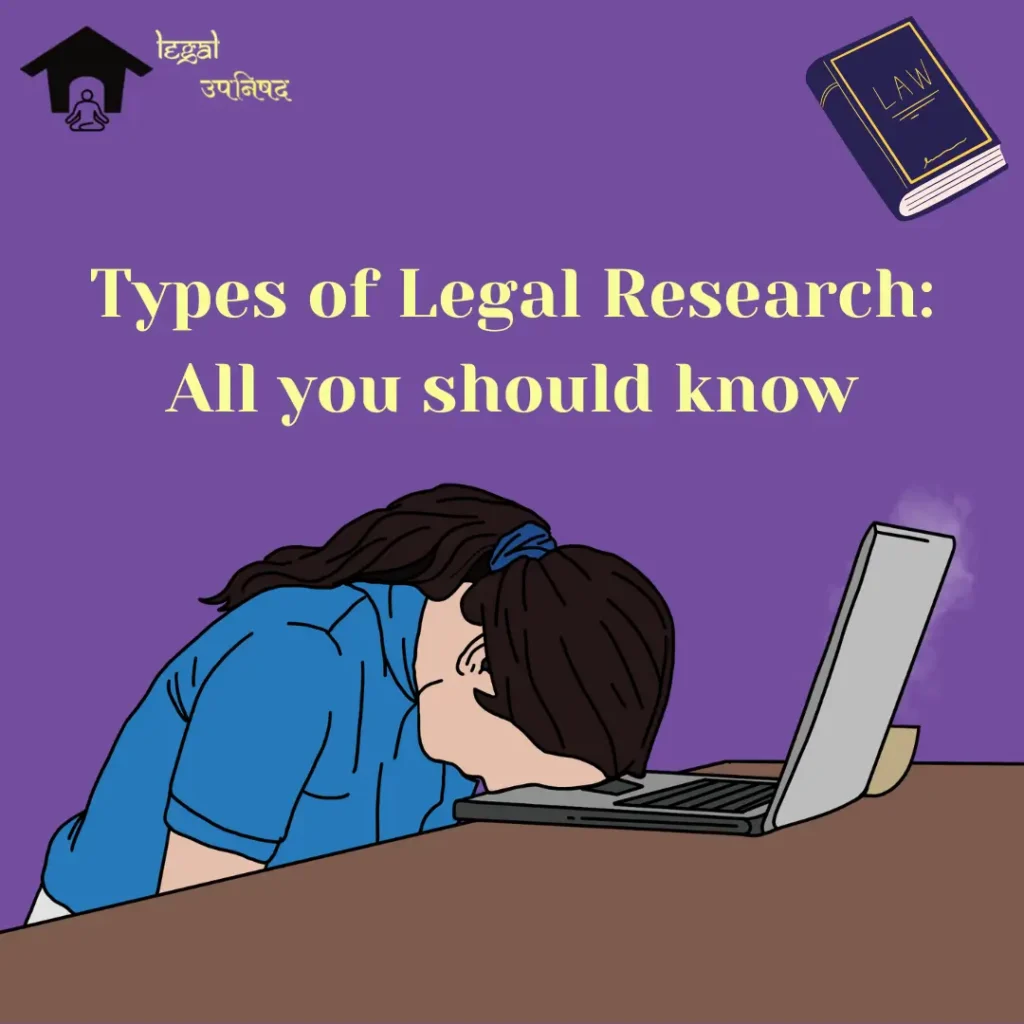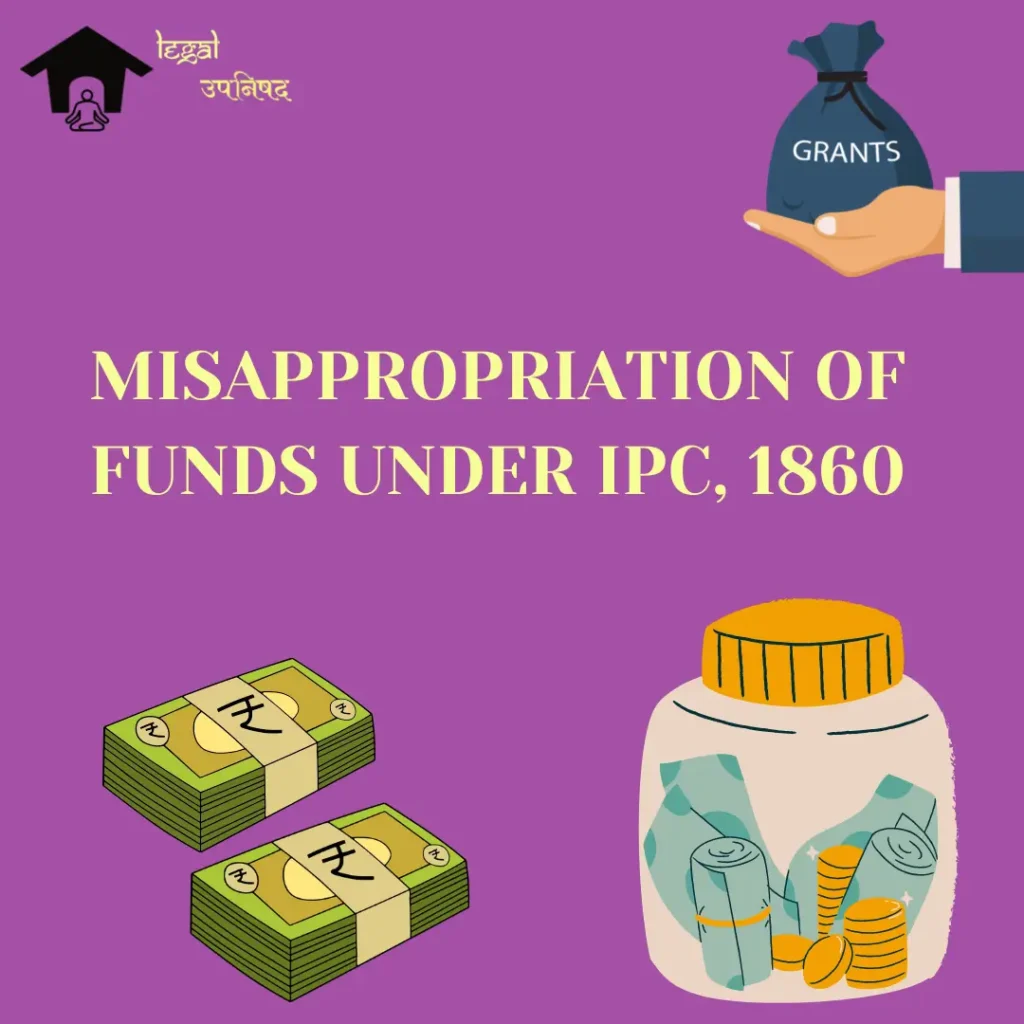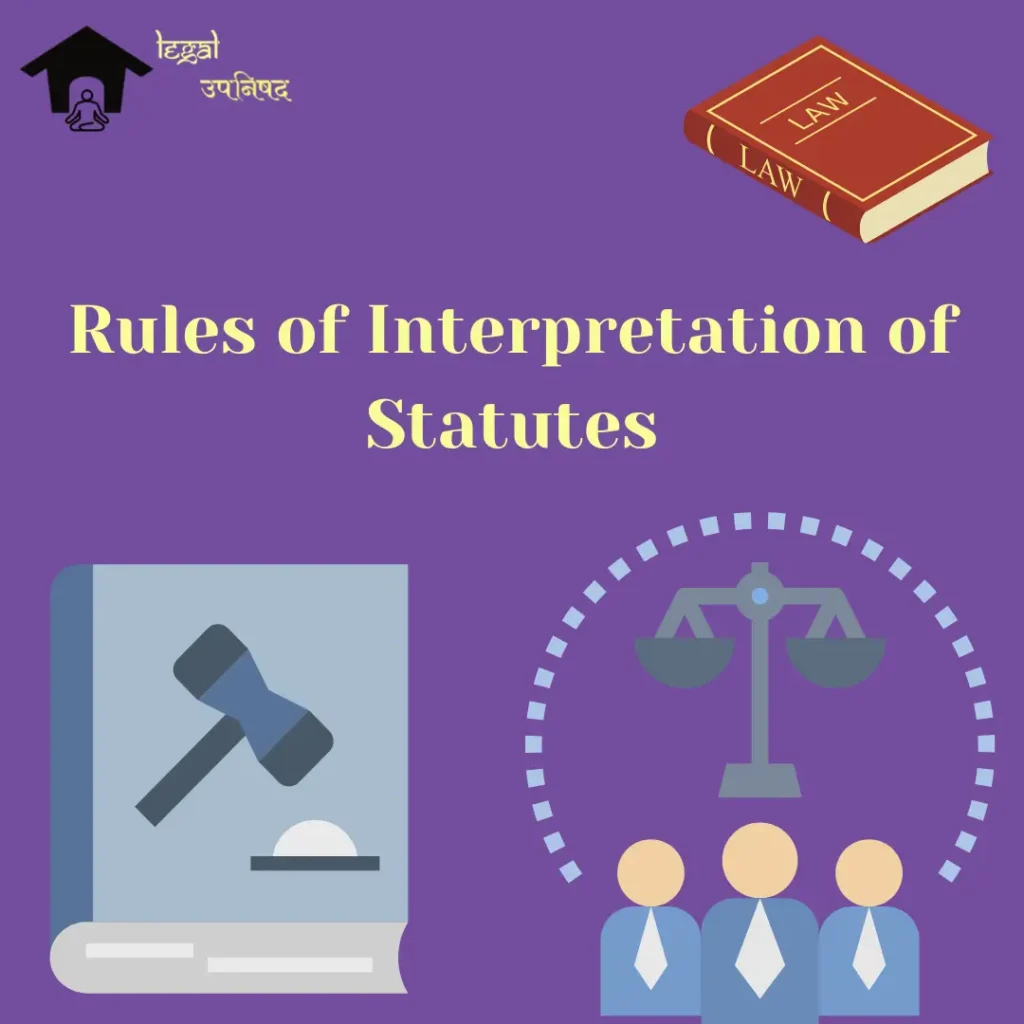Contributory Negligence: All You Need to Know
According to a common law tort rule known as “contributory negligence,” if the plaintiff was negligent in causing the damage, they cannot recover damages for the negligence of others. Contributory negligence has mostly been replaced by the idea of comparative negligence. A plaintiff who is even somewhat negligent in a country that upholds contributory negligence will not be entitled to compensation, even if they can prove the aforementioned conditions.
This article talks about the meaning of contributory negligence and discusses how it could impact a personal injury lawsuit, Case laws, and guidelines given by the Supreme Court.










